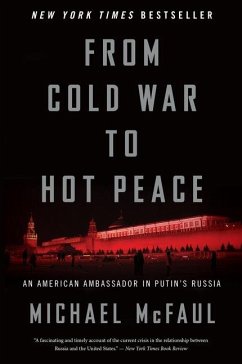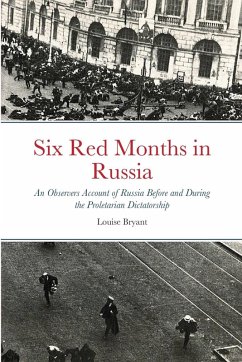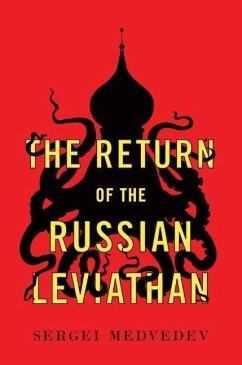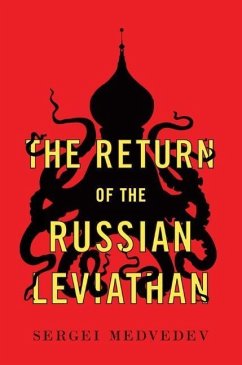Nicht lieferbar
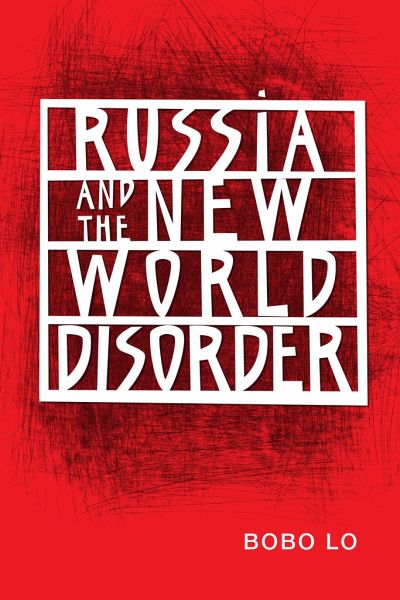
Russia and the New World Disorder
The Russian annexation of Crimea was one of the great strategic shocks of the past twenty-five years. For many in the West, Moscow's actions in early 2014 marked the end of illusions about cooperation, and the return to geopolitical and ideological confrontation. Russia, for so long a peripheral presence, had become the central actor in a new global drama. In this groundbreaking book, renowned scholar Bobo Lo analyzes the broader context of the crisis by examining the interplay between Russian foreign policy and an increasingly anarchic international environment. He argues that Moscow's approa...
The Russian annexation of Crimea was one of the great strategic shocks of the past twenty-five years. For many in the West, Moscow's actions in early 2014 marked the end of illusions about cooperation, and the return to geopolitical and ideological confrontation. Russia, for so long a peripheral presence, had become the central actor in a new global drama. In this groundbreaking book, renowned scholar Bobo Lo analyzes the broader context of the crisis by examining the interplay between Russian foreign policy and an increasingly anarchic international environment. He argues that Moscow's approach to regional and global affairs reflects the tension between two very different worlds—the perceptual and the actual.






